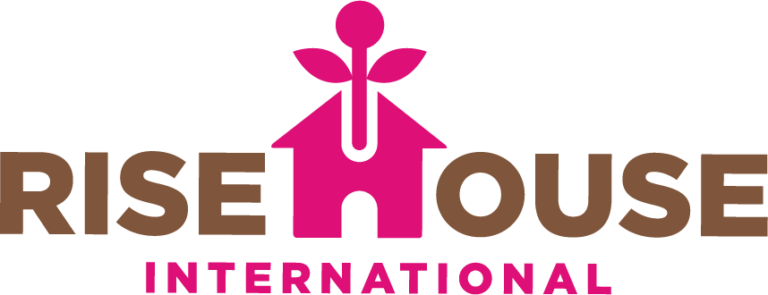Training and Education
TRAINING & EDUCATION
Access to quality education and training is a key component in rising out of poverty. We provide programs in our local Haitian community to build skills and help individuals create a more sustainable future for themselves. Priority access is given to women in our safe haven shelter, and extended family members of those in our care.
Entrepreneur Program
Our current economic system is threatening to undermine the fabric of life that we all depend on for our survival, through the degradation of natural environments all over the world. To change this, economic development must be coupled with a broader understanding of the principles of sustainability and ecology. Instead of just growing, our goal must be to create sustainable communities.
When it comes to Entrepreneur training, it means that our challenge is not just to teach business skills, but to teach how to sustain the web of life, and to do it in a way that is relevant to those living in poverty who need food on the table and to support their children, and whose only way to get this is to start a micro enterprise.
The aim of our entrepreneur program is to provide practical business skills in a fun and effective way, and at the same time inspire and integrated understanding of business, community, and environment. Our goal is to build healthy and thriving communities of empowered people.
The core business skills our training focuses on are:
- Generating business ideas within the community
- Choosing a marketing strategy
- Using a balance sheet
- Creating a business plan
- Creating a cash flow budget
- Taking and repaying loans
- Keeping business records
- Managing the use of profits for personal use
After the completion of our program and presenting us with a business plan, our clients will be offered a microloan to cover the start up costs of their business and may also be eligible for grants.
Other classes that we will be offering include:
Health & Nutrition Education
200 million children suffer from malnutrition. At least 3.5 million children under 5 years of age die from malnutrition every year. In many regions, poor nutrition is on the rise. Malnutrition affects every stage of life and can affect generations. Malnourished mothers are more likely to die in childbirth and have low birth-weight babies. Chronically malnourished children face lifelong consequences in reduced mental capacity, lower learning in school and reduced lifetime earnings. To address the causes of malnutrition, Rise House provides food and nutritional support to vulnerable families. We also address the underlying causes of poverty, including the lack of access to livelihoods, to clean water and sanitation, and lack of control over land and natural resources. We teach basic agriculture skills that will allow families to grow their own vegetables and fruit. We will teach families the basics of nutrition through a Health Education course. We aim to focus on reducing gender equality because experience shows us malnutrition can be reduced when women are empowered.
Pregnancy & Childbirth Education
Rise House is an advocate for maternal and children’s health. We use evidence-based approaches to tackle life-threatening conditions and prevent child deaths. We know, for example:
Appropriate care around the time of birth could avert more than 40% of deaths attributable to labour and delivery complications
Appropriate care for small or sick newborns could avert 30% of newborn deaths
Timely and appropriate treatment of pneumonia, diarrhoea and malaria could prevent up to 30% of child deaths
Exclusive breastfeeding through a child’s first six months of life could prevent up to 13% of child deaths
Preventable Diseases Education
Every year, almost 6 million children die before their fifth birthday, mostly from preventable causes such as pneumonia, diarrhoea, malaria and sepsis. Millions of children become ill or die because they lack access to health services or an adequate, nutritious diet. In fact, undernutrition is estimated to contribute to 45% of all child deaths. The world can save these children’s lives. The time to act is now.
Agriculture & Sustainability
Despite progress in recent decades, about 795 million people – or around one in nine – still suffer from chronic undernourishment or hunger. When food is scarce, women are the first to go short, or even go without. The fact is that there is enough food in the world to feed everyone, but not everyone gets enough food to eat.
There are three major factors leading to food and nutrition insecurity: poverty prohibits people from buying food to feed themselves and their families; climate change affects food production, especially for small-scale farmers; and food waste and losses also contribute greatly to hunger.
In the face of rising food insecurity, Rise House is working in some of the world’s most vulnerable communities to ensure that no one need die from hunger or suffer chronic malnutrition. Rise House works to help people find sustainable ways to make sure they know where their next meal is coming from and support long-term methods of reducing their vulnerability to hunger and malnutrition. This includes supporting farming households to ensure local markets are well stocked, managing natural resources so that they are less at risk from the effects of climate change, and strengthening livelihoods so that people are able to purchase foods.
